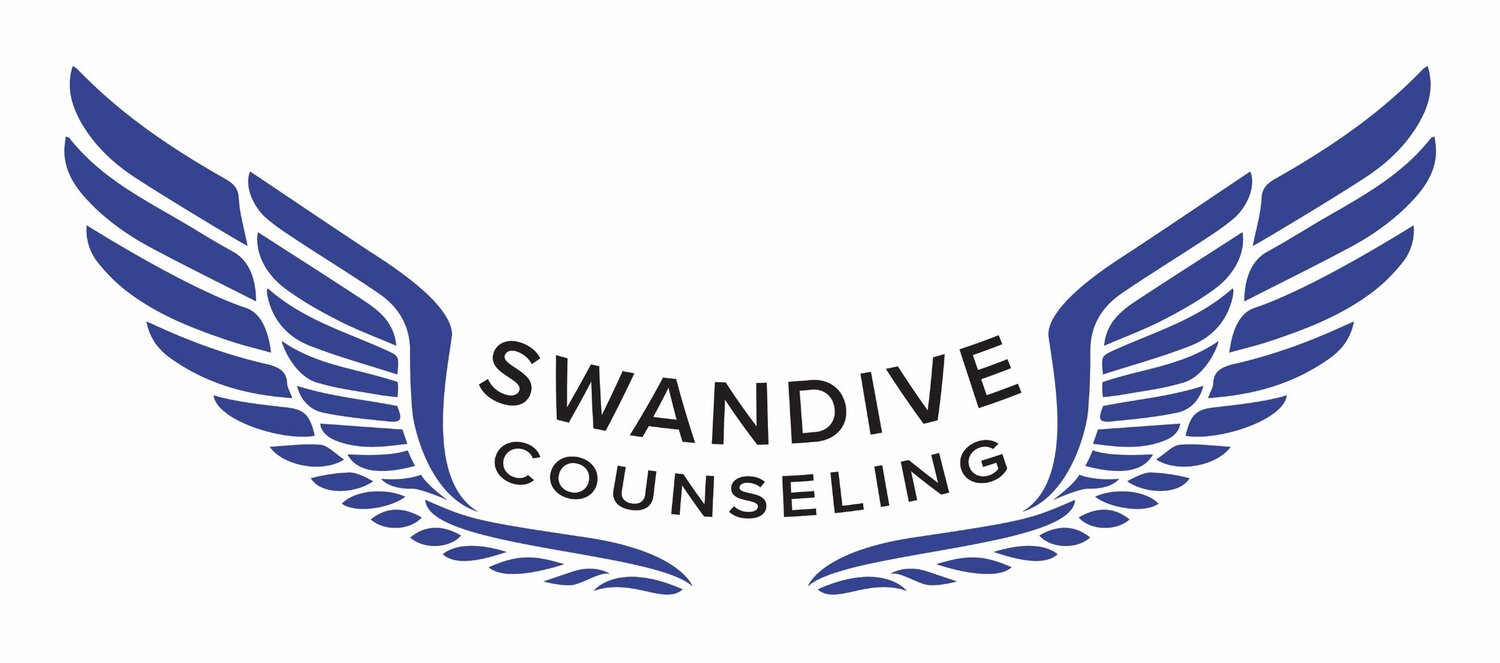Anxiety Counseling in Tampa
What is Anxiety?
Anxiety is an assault on the body and the mind.
Your muscles tense, your heart races, and you begin to sweat. You feel keyed up and have trouble staying still, and a feeling like electricity pulses through you. You worry obsessively, have difficulty concentrating, and wake in the night with mind racing. You’re sure you will embarrass or make a fool of yourself, and you are gripped by irrational fears.
Anxiety is connected to a primitive survival mechanism – Fight or Flight. When we encounter a threat, the nervous system kicks in, flooding our bodies with adrenaline and other hormones that allow us to run away from, or stand and fight, the danger. Useful when encountering a saber-toothed tiger on the plain.
But many of us have acquired so many distorted beliefs about our inadequacy in the world that we perceive threat everywhere. We are on the lookout for it, seeking always to be prepared. What we look for, we tend to find, triggering a cycle that make us want to crawl out of our skin.
In reality, then, anxiety is an assault on the body by the mind.
If you are struggling with anxiety, you are not alone.
The prevalence of anxiety among US adults is the highest of any mental disorder, with more than one in four experiencing clinical anxiety at some point in their lives. (Kessler, Berglund, et al., 2005)
Counseling Can Help.
My Anxiety Therapy
My counseling is uniquely suited to untangling the web of distortions underlying your anxious predictions and ceaseless worry.
We’ll take a two-pronged approach. I’ll teach you to identify negative assumptions and distorted thinking in real time so you can find a more balanced way of looking at yourself and your interactions with others.
I’ll also encourage you to begin taking risks and build a body of evidence demonstrating success to counter your negative core beliefs.
As your counselor, I have many powerful tools to help you overcome anxiety, and several of these have proven particularly effective:
Cognitive Behavioral Therapy (CBT)
This approach addresses the distortions in your thinking that lead you to assume you’re at risk when you are not. You learn to challenge these distorted thoughts, rather than take them at face value, by asking the essential question, “Is this true?”
Mindfulness-Based Cognitive Therapy (MBCT)
This approach teaches you to redirect your attention away from anxious thoughts to those of your own choosing.
Anxiety seems to have the ability to wrest control of your mind and body. You can’t stop the worry; you can’t slow the pounding heart, and the thought that you are powerless intensifies the anxiety.
With practice, MBCT teaches you that even though you can’t stop the thoughts, you don’t have to give them your attention or power.
Acceptance and Commitment Therapy (ACT)
This approach stresses the acceptance of anxiety (anxiety sometimes happens) and the commitment to prevent it from derailing your pursuit of the things that give life value.
Grounding
This approach works to relieve the physical and emotional symptoms of anxiety, allowing the opportunity to practice the coping skills learned in counseling.


